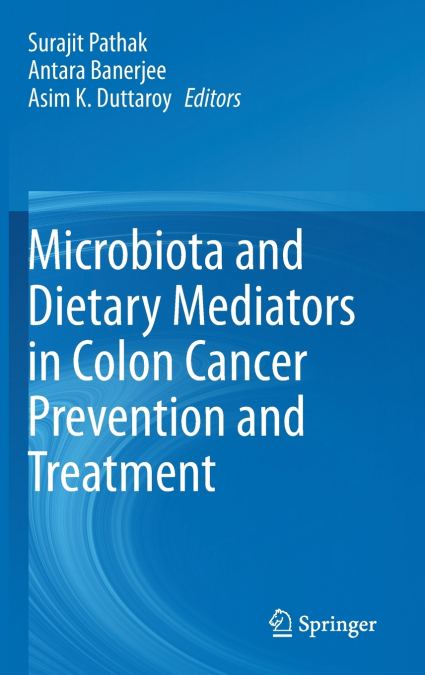
The book discusses the role of gut microbiome composition in colorectal cancer progression, linking intestinal inflammation, tumorigenesis and anti-cancer immune responses. Chapters delve into various areas, including the mechanisms of action of probiotics and prebiotics (such as Lactobacillus and Bifidobacterium strains, and fructans and galactans, respectively), functional foods such as α-carotene, β-carotene, lutein, β-cryptoxanthin, fucoxanthin, isothiocyanates, flavonoids, probiotics, fibre and omega-3. Lycopene, β-cryptoxanthin, and fucoxanthin. Dietary phytochemicals such as polyphenols (curcumin, gingerol, ferulic acid (FA) and hydroxytyrosol); alkaloids (piperine, and protopine); terpenoids (artemisinin, and astaxanthin); iridoid glycoside (picroside II, and morroniside); and flavonoid (quercetin) on cancer, immune responses, and the gut microbiome. It examines the interaction and influence of prebiotics and probiotics in colorectal cancer treatment, their use in managing chemotherapy-related gastrointestinal problems, and their potential as adjuvants. The book also investigates how these gut microbes are associated with tumor progression and anti-cancer treatment efficacy. This knowledge can be used to develop biomarkers that predict immunotherapy effectiveness and improve treatment outcomes through modulation.This book provides a comprehensive update on the latest research and clinical applications in the field, offering valuable insights into the complex interplay between probiotics, the gut microbiome, and colorectal cancer. It serves as an invaluable resource for healthcare professionals, researchers, and students seeking to understand this dynamic area of study.